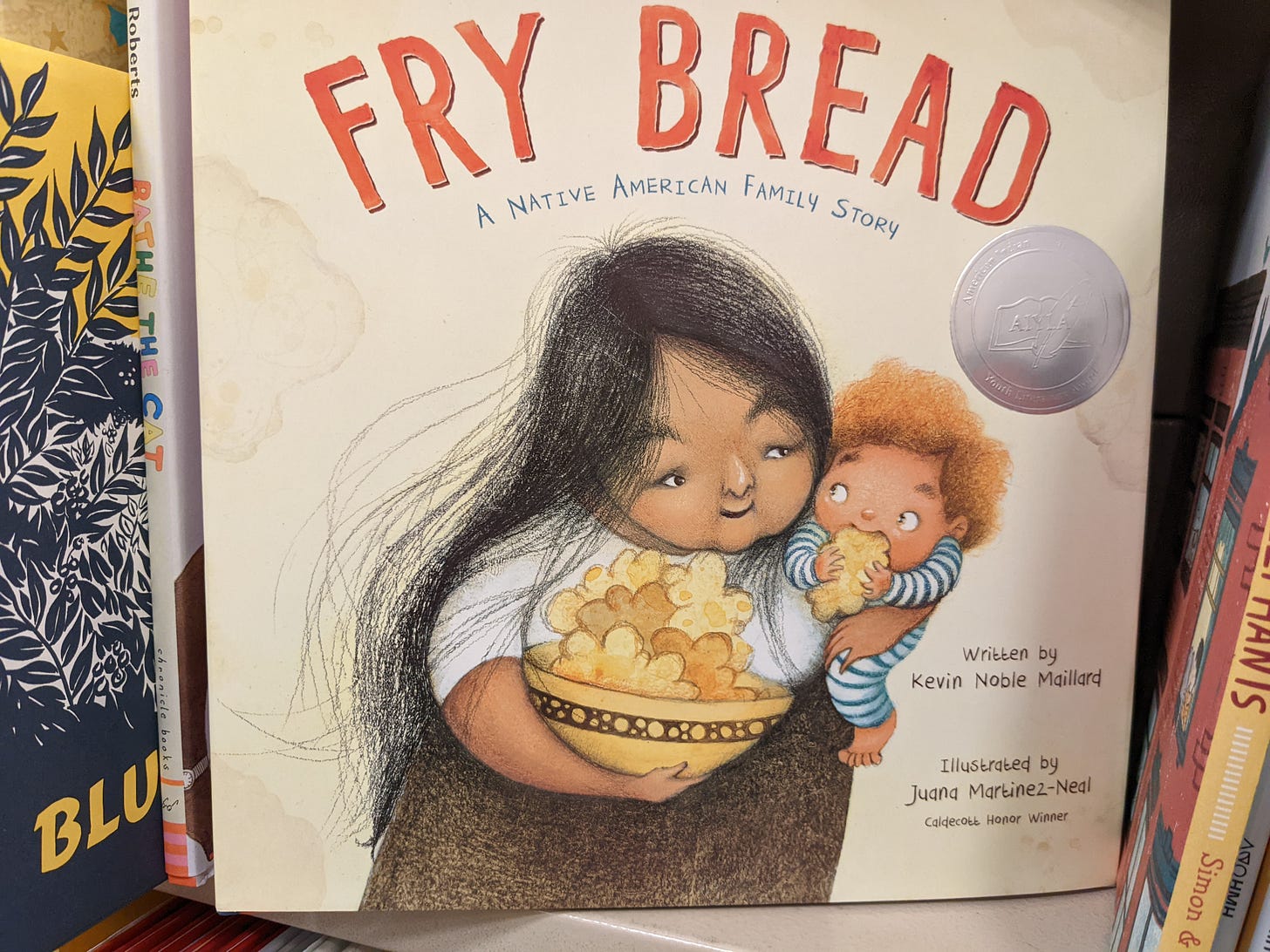Thank you for being here
🎉 In our first weekly edition of Stet: Baby book bans, the tragic tale of the bicyclist and the bridgetender, Geo Group gets (a little) love and square-foot madness.
First up: An ugly truth behind Florida’s school book bans

Florida’s push to ban school library books isn’t just about culture wars.
It’s about race and religion.
Of Pen America’s 2022 list of 412 books banned or targeted for possible removal in 27 Florida school districts, only about half focused on LGBTQ issues, the content most often cited as justification for book bans.
That left roughly 209 biographies, children’s picture books, fiction, history and poetry books either already banned or being inspected for possible removal, a Stet review found.
And the majority have little or nothing to do with LGBTQ+ content.
What they do have in common: Each story is about, or told through the voice of a Black, Asian, Hispanic, Native American, Middle Eastern, Jewish, Muslim or Buddhist child, adult or family.

The pattern is especially glaring in banned or targeted picture books for very young readers. Almost all — 90 — are stories of non-white or non-Christian children.
A Thai lullaby, a Native American totem pole come to life, Chinese folk tales and a Jewish soup recipe have all fallen under scrutiny.
Even ethnic pets are straying into the controversy. “Lost and Found Cat,” a story of a girl and her pet fleeing Iraq, is under review. So is “A Dog Named Haku,” which takes place during a Buddhist festival in Nepal. why?

It’s not just picture books. Of 32 banned or targeted biographies and memoirs, two-thirds feature either non-Christians or a Black, Asian, Native American, Middle Eastern or Hispanic person.
Among them: legendary athletes Roberto Clemente, Jackie Robinson, Jim Thorpe and Hank Aaron; U.S. Supreme Court Justice Sonia Sotomayor, the Dalai Lama, and Nobel Peace Prize winner Malala Yousafzai, whose fight for girls’ education in Pakistan as a teenager nearly cost her life. Pocahontas isn’t home free, either.
Back on shelves. Or not. Some books on the PEN list are back on shelves. Others, especially in Duval County, have been warehoused for almost a year pending a decision.
Our analysis: Why Mike Pence’s pet bunny was fated to be swept from the shelves and why thousands of books are now at risk of disappearing from classrooms.
The bicyclist and the bridgetender

Just to be safe, Carol Wright walked her bike across the bridge connecting Palm Beach and West Palm Beach.
But a year ago Feb. 6, Carol’s stroll turned into a death trap as a distracted bridgetender opened the span with the 79-year-old caught between the warning gates.
Carol Wright was the aunt everyone would like to have, a retiree with a vibrant career and a loving family. She was spry enough to routinely go on the 6-mile round-trip bike ride to her favorite bookshop in Palm Beach.
As Joe Capozzi of ByJoeCapozzi.com tells it, Wright’s death was frighteningly violent, completely avoidable and life-changing for those who witnessed it, including a 23-year-old man skateboarding to work, who grabbed her arm and held on until the bridge’s vertical rise snatched her from his grip.
Why it matters. Wright’s death left a gaping wound in her family and a legacy of public safety for bridgetenders to follow. A settlement with Florida Drawbridges Inc. requires that bridgetenders watch a 23-minute video about Carol’s life and death.
The bridgetender that day, 42-year-old Artissua “Tisha” Paulk, was criminally charged for failing to check the area before opening the bridge and lying about it. Carol’s family agreed to a settlement that will keep the bridgetender out of prison so she can care for her children.
Florida Drawbridges also agreed to pay Carol’s family $8.2 million, with $900,000 going toward a University of Miami scholarship named for her.
There’s so much more. Read it here: ByJoeCapozzi.com.
Geo Group gets some Wall Street love. Sort of.
A big chef’s kiss from Michael Burry to Geo Group: The famed investor portrayed by Christian Bale in “The Big Short” recently sold every stock he owns except the Boca-based private prison operator.
It’s a surprise: You would have been hard-pressed to find Geo fans last March when after a modest June-to-November 2021 strengthening, share prices resumed what had been a years-long slide. You could pick up shares for about $6.
Why people are watching. The Boca-based Palm Beach County detention company is high-profile, high-controversy. Media outlets from The Palm Beach Post to The Washington Post have detailed issues with how it treats inmates and immigrant detainees.
Multiple banks and lenders stopped financing private prison firms in 2019, when Geo had debt of more than $1 billion. It spent months negotiating with lenders to whittle it down.
Burry’s investment doesn’t necessarily mean Geo is on the mend. After all, he made his many millions betting there would be a 2008 real estate crash. And Burry has since snapped up other investments.
Investor newsletter “Seeking Alpha” had somewhat cynically suggested Burry was betting on Geo as a so-called cigarette butt stock: a company with one last puff left.
But The Street is happy: Share price almost doubled to $11.43, before easing back to a current trading range of $10.77.
See how Geo Group’s stock price has gone straight up over the past year
Pop quiz: Local Real Estate Edition
Which Palm Beach County home originally listed for $811 per square foot? (Or more than twice the price per square foot that Mar-a-Lago sold for in 1985?)
Want the correct answer? Check our next issue.
We’ll see you here in your inbox next Tuesday.










